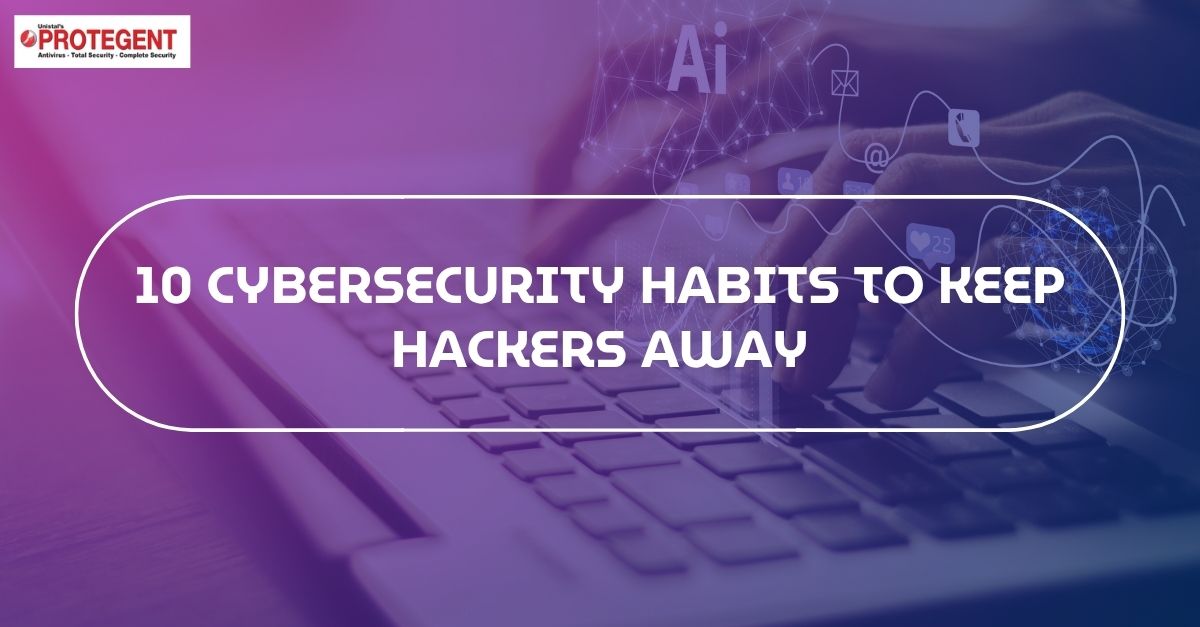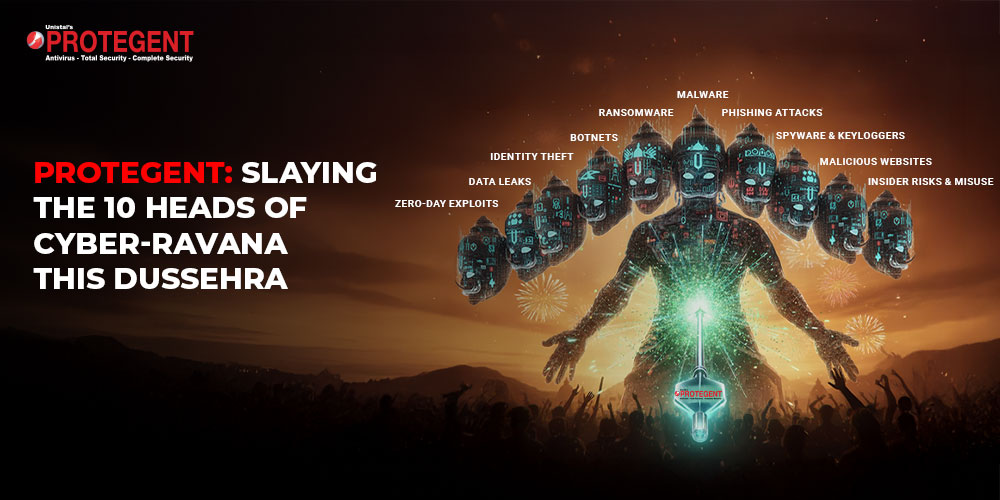From Passwords to Privacy: Habits to Guard Your Family’s Privacy
The digital life we lead today is fast, convenient—and increasingly risky. India reported a dramatic rise in cybersecurity incidents in recent years, with the government noting incidents climbed from roughly 1.03 million in 2022 to about 2.27 million in 2024. Press Information Bureau. At the same time, financial fraud has exploded: official figures revealed that high-value cyber fraud cases jumped more than fourfold in FY2024, registering sizeable monetary losses. Reuters A parliamentary data disclosure put the 2024 loss from cyber fraud at an eye-watering ₹22,845.73 crore — a 206% rise year-on-year — underlining how serious the problem has become for everyday people. The Times of India Why does this matter to families? Because virtually every everyday action—paying bills via UPI, logging into email, joining a work call, sharing pictures—creates a small doorway scammers can exploit. UPI and other digital payment volumes
Read More










